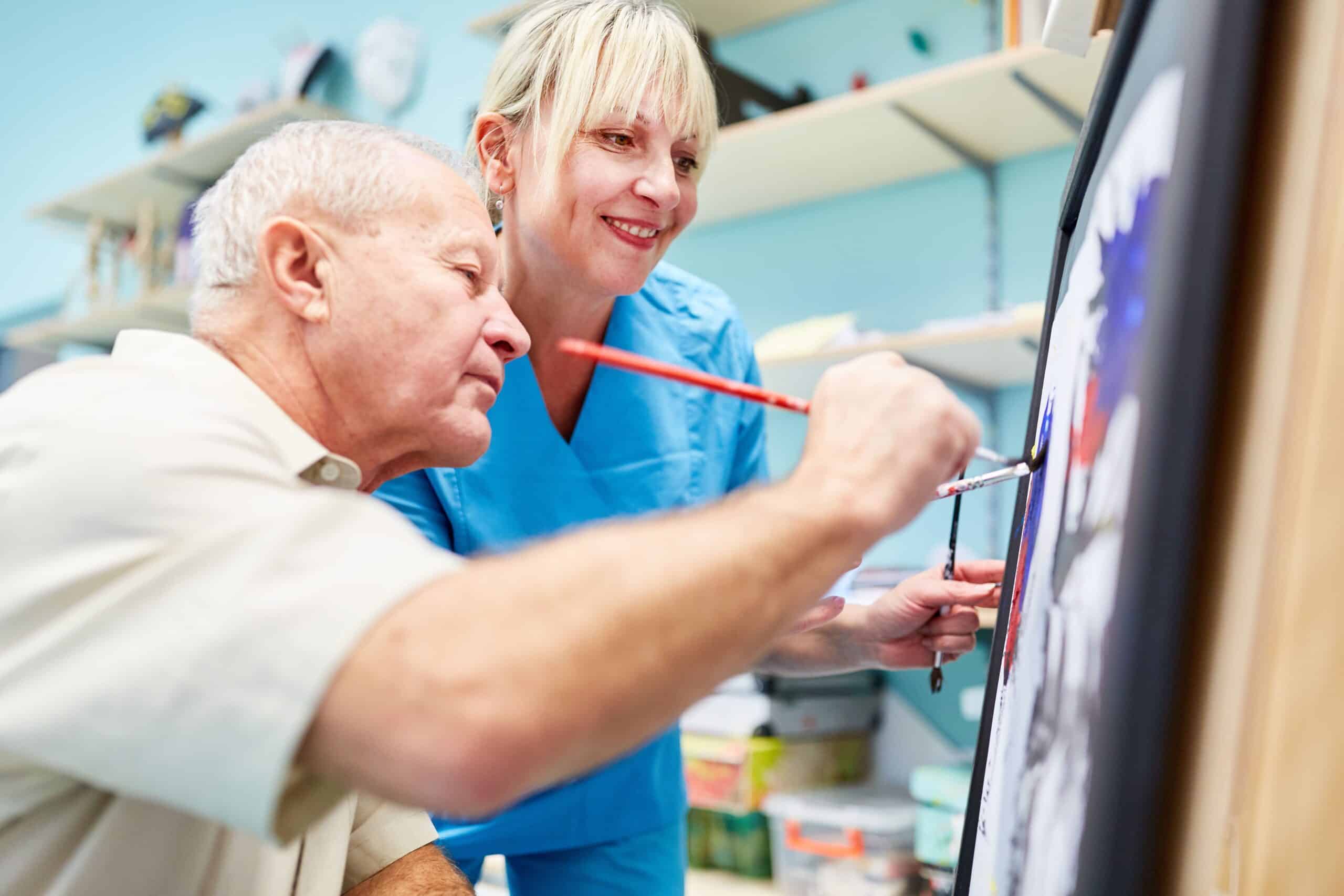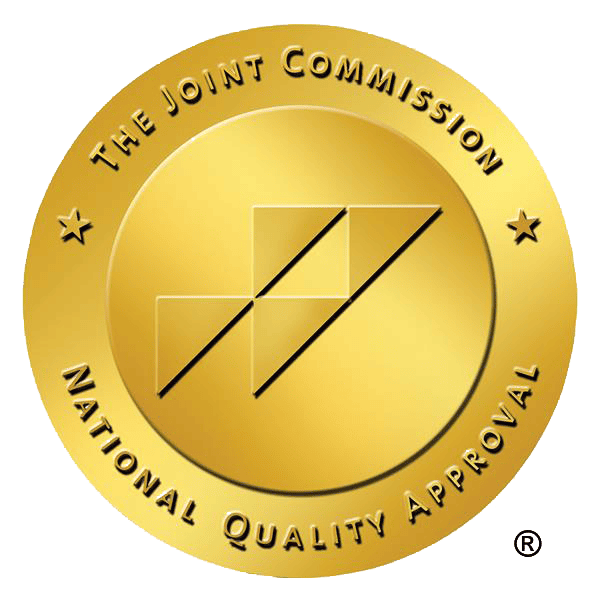Recovering from addiction is a complex and challenging journey that requires comprehensive treatment strategies. While traditional therapeutic approaches play an essential role, integrating recreational therapies in recovery has proven to be highly beneficial. This is especially helpful for individuals struggling with substance use and co-occurring disorders as 10% only get help.
Understanding Recreational Therapy
Recreational therapy takes a holistic approach to treatment by recognizing the interconnectedness of mind, body, and spirit. It is a specialized form of therapy that utilizes recreational activities to improve physical, emotional, cognitive, and social functioning.
It recognizes that engaging in enjoyable activities can positively impact mental health by reducing symptoms of depression, relieving stress, promoting relaxation, fostering creativity, and enhancing overall mood. Furthermore, recreational therapy is vital in helping individuals develop healthy coping mechanisms while discovering new ways to derive pleasure from sober activities.
Individuals can experience a sense of purpose, fulfillment, and accomplishment by engaging in enjoyable and fulfilling recreational activities. Recreational therapies improve wellness, and also allow people to learn new skills, or interests that can replace the time previously spent on substance use.
Moreover, recreational therapy fosters social connection and support among individuals. Group activities encourage teamwork, communication, empathy, and trust-building among peers facing similar challenges. This sense of community helps combat feelings of isolation and loneliness often experienced during recovery.
Overview of the Types of Recreational Therapies
In recreational therapy sessions, trained therapists design and facilitate activities tailored to each individual’s needs and goals. These activities range from sports and outdoor adventures to arts and crafts, music therapy, or animal-assisted interventions.
Music Therapy
Music therapy utilizes music’s power to address individuals’ physical, emotional, cognitive, and social needs. In addiction recovery, music therapy provides a safe space for individuals to express their emotions, release tension, and explore personal experiences by creating or appreciating music.
It can help individuals process difficult emotions related to their addiction journey in a non-verbal way. Through activities such as songwriting, playing instruments, singing, or listening to carefully selected songs with therapeutic themes or lyrics that resonate with their experience, participants in music therapy can gain insights, communicate their thoughts and feelings, and find solace in the healing power of music.
This process allows individuals to explore their identity beyond addiction and discover healthy ways to channel their emotions. Additionally, music therapy promotes relaxation and stress reduction to help individuals manage cravings, reduce anxiety, and improve self-awareness.
Art Therapy
Art therapy utilizes various artistic mediums, such as painting, drawing, sculpture, and collage, to promote self-exploration, healing, and personal growth. It allows individuals to communicate their thoughts and emotions non-verbally while tapping into their innate creativity.
Through creating art, individuals can externalize internal struggles or conflicts and gain insight into their experiences. Art therapy offers a safe outlet for expressing difficult emotions associated with addiction, trauma, or underlying mental health disorders.
This can lead to increased self-awareness and a deeper understanding of the root causes behind addictive behaviors. Moreover, art therapy encourages mindfulness as it helps them develop healthier coping mechanisms, improve impulse control, and reduce cravings.
It also promotes self-esteem and self-acceptance. The non-judgmental and supportive environment the art therapist provides allows participants to embrace their unique creative expressions without fear of criticism or failure.
Psychodrama
Psychodrama is a therapeutic approach combining drama, role-playing, and group therapy to facilitate emotional expression, personal growth, and healing. Individuals are encouraged to reenact real-life situations or engage in symbolic scenarios relevant to their experiences.
By exploring different roles and scenarios within the therapeutic setting, participants can build confidence in their ability to make positive changes in their lives outside of therapy. Participants gain insights into their own thoughts, feelings, and behaviors while also developing empathy for others. It allows individuals to process past traumas or unresolved conflicts related to their substance use.
Outdoor Activities
Outdoor activities have become increasingly recognized as valuable components of recovery programs. Engaging in outdoor activities provides individuals with a change of environment and offers unique benefits that can aid in their recovery process.
Firstly, being in nature has a calming and grounding effect on the mind and body. Studies have shown that spending time in natural settings reduces stress, promotes relaxation, and improves overall well-being.
Additionally, outdoor activities foster physical health by encouraging regular exercise and movement. Whether hiking, biking, swimming, or participating in team sports like soccer or basketball, these activities enhance cardiovascular fitness, strengthen muscles, and improve overall physical endurance. Engaging in regular exercise not only promotes physical well-being but also releases endorphins, which are natural mood enhancers.
Outdoor activities also provide opportunities for social interaction and connection with others. These activities create an environment where individuals can build relationships, form supportive networks, and combat feelings of isolation often accompanying addiction recovery.
Benefits and Effects of Recreational Therapies for Mental Health
Recreational therapies have been shown to have numerous benefits for mental health and positive effects, including:
- Stress reduction
- Emotional regulation
- Improved self-esteem
- Social connection
- Cognitive enhancement
- Coping mechanisms
- Enhanced well-being
In conclusion, recreational therapies offer a range of benefits and offer individuals a holistic approach while addressing their mental health needs and promoting positive healing and growth.
Start Recreational Therapies for Recovery in Austin, TX
The Prairie Recovery Center in Austin, TX, believes in the power of recreational therapies to support addiction recovery and promote overall well-being. Our experienced team is dedicated to creating an inclusive and supportive environment where you can explore various activities to take the first step towards a healthier, fulfilling life.
Contact us today to start your recovery journey in a beautiful country setting.








